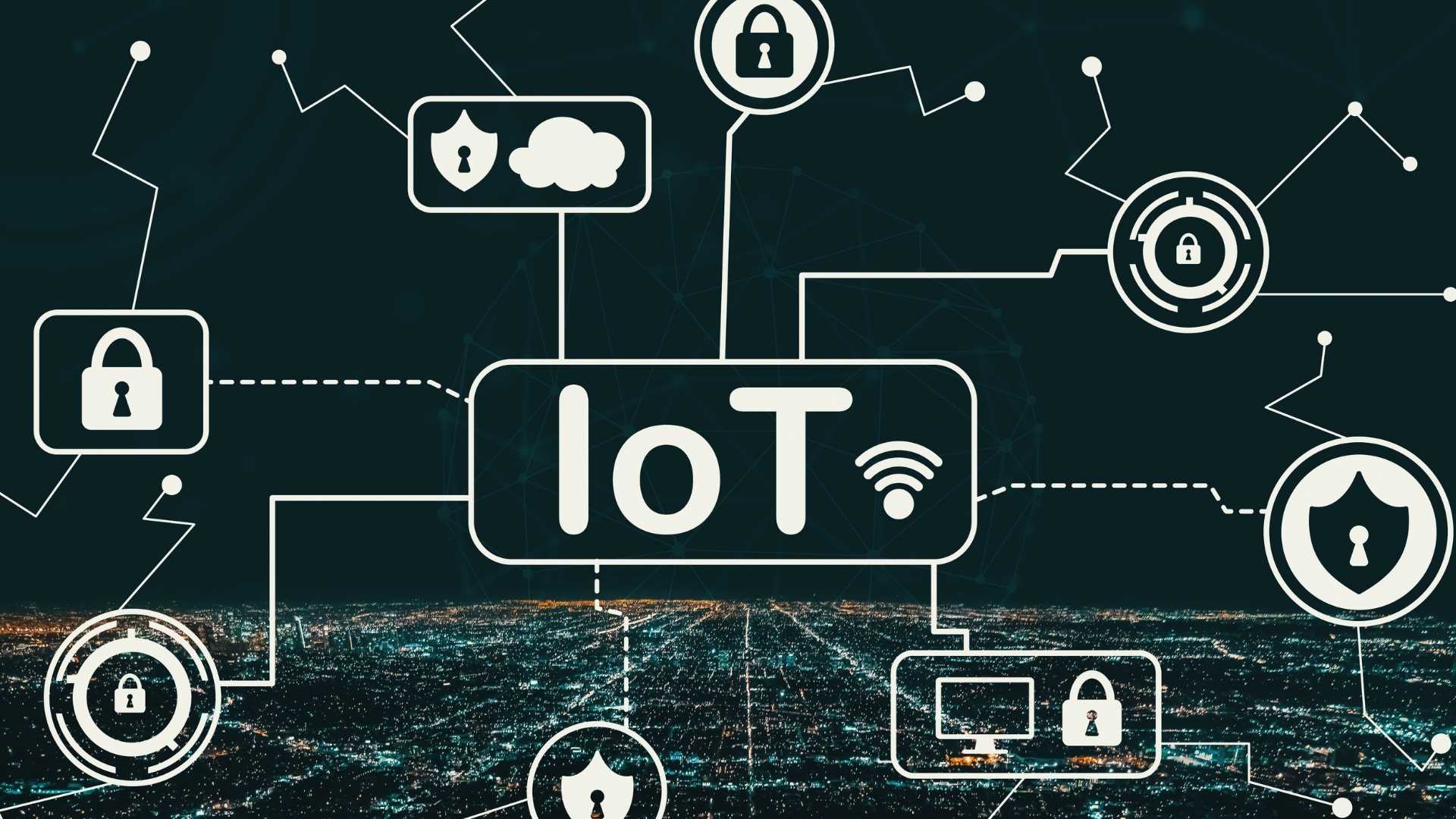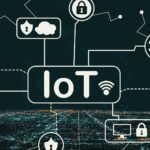IoT Applications in Business: Transforming Industries Through Smart Technology
The Internet of Things (IoT) is no longer a futuristic concept—it’s a present-day reality that is rapidly transforming how businesses operate. By connecting physical devices to the internet, IoT allows for the collection, analysis, and transmission of data in real time. From manufacturing and logistics to retail and healthcare, IoT applications in business are streamlining operations, increasing efficiency, and improving decision-making. In this article, we explore how IoT is being applied in various industries and how it’s reshaping the modern business landscape.
What Is IoT in Business?
IoT in business refers to the use of internet-connected devices to gather and exchange data for the purpose of improving operations, productivity, customer experience, and innovation. These devices range from smart sensors and cameras to machinery and wearable tech—all of which can monitor, communicate, and respond intelligently to their environments without human intervention.
1. IoT in Manufacturing
One of the most impactful IoT applications in business is within the manufacturing sector. Smart factories use IoT devices to monitor equipment health, track production processes, and ensure quality control.
Key Benefits:
- Predictive maintenance reduces downtime by identifying potential equipment failures before they occur.
- Real-time tracking of materials and inventory improves supply chain efficiency.
- Automation of routine tasks leads to increased productivity and lower operational costs.
2. IoT in Retail
Retail businesses are using IoT to create more personalized and streamlined customer experiences. Smart shelves, beacons, and connected point-of-sale (POS) systems allow retailers to track customer behavior and stock levels in real time.
Applications include:
- Smart shelves that notify staff when products are low or misplaced.
- In-store analytics that provide insights into customer preferences and traffic patterns.
- Automated checkouts and digital signage tailored to customer profiles.
3. IoT in Logistics and Supply Chain
IoT is revolutionizing logistics by enhancing visibility and coordination across the entire supply chain. Sensors and GPS trackers provide real-time updates on the location and condition of shipments.
Business benefits:
- Improved route optimization and delivery accuracy.
- Temperature and humidity monitoring for sensitive goods.
- Faster and more efficient warehouse operations using connected robots and devices.
4. IoT in Agriculture
Smart agriculture is leveraging IoT to improve crop yields, reduce waste, and make farming more sustainable. Sensors monitor soil moisture, weather conditions, and crop health, helping farmers make informed decisions.
Use cases include:
- Automated irrigation systems that respond to real-time weather data.
- Livestock monitoring through wearables that track health and location.
- Remote management of equipment and resources from mobile devices.
5. IoT in Healthcare
Healthcare providers are embracing IoT to improve patient care, streamline operations, and monitor critical health data remotely. Devices such as wearables, smart beds, and connected imaging systems are transforming how services are delivered.
Key advantages:
- Remote patient monitoring reduces hospital visits and improves chronic disease management.
- Real-time tracking of medical equipment and supplies improves operational efficiency.
- Smart devices enable timely alerts for abnormal health metrics, potentially saving lives.
6. IoT in Smart Offices
Businesses are adopting IoT in the workplace to create safer, more efficient, and more comfortable environments. Smart office technologies enhance productivity while reducing energy consumption and maintenance costs.
Examples include:
- Smart lighting and HVAC systems that adjust based on occupancy and weather.
- IoT-enabled access control and security monitoring.
- Connected conference rooms that manage booking and improve collaboration.
7. IoT in Energy Management
IoT plays a critical role in managing energy consumption and reducing environmental impact. Businesses are using connected devices to monitor and control energy usage across facilities, equipment, and fleets.
Notable applications:
- Smart meters that provide real-time energy usage data.
- Automated systems that shut off unused devices to save power.
- Integration with renewable energy sources like solar and wind power.
Challenges of IoT in Business
Despite its benefits, implementing IoT in business is not without challenges:
- Security: IoT devices can be vulnerable to cyberattacks if not properly secured.
- Data Management: Handling large volumes of data requires robust infrastructure and analytics tools.
- Integration: Ensuring seamless integration with existing systems can be complex and costly.
The Future of IoT in Business
The future of IoT in business is promising, with emerging technologies like AI, 5G, and edge computing further enhancing its potential. As devices become smarter and more connected, businesses will gain even deeper insights and automation capabilities.
Industries that embrace IoT early will be better positioned to innovate, adapt, and thrive in an increasingly digital and competitive market.
Conclusion
IoT applications in business are reshaping how companies operate, compete, and serve their customers. From manufacturing and logistics to retail and healthcare, the benefits of connected devices are vast and far-reaching. By adopting IoT technology strategically, businesses can unlock new levels of efficiency, insight, and growth. The key lies in identifying the right use cases, securing data effectively, and staying ahead of the technology curve.







